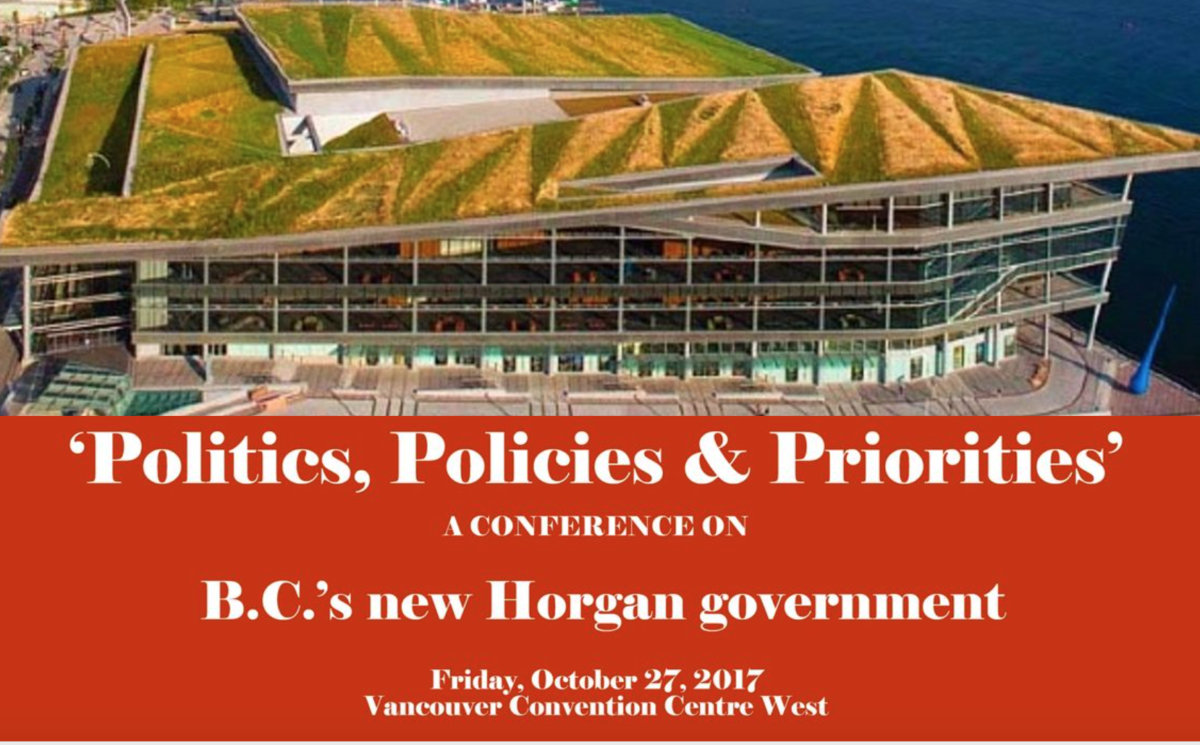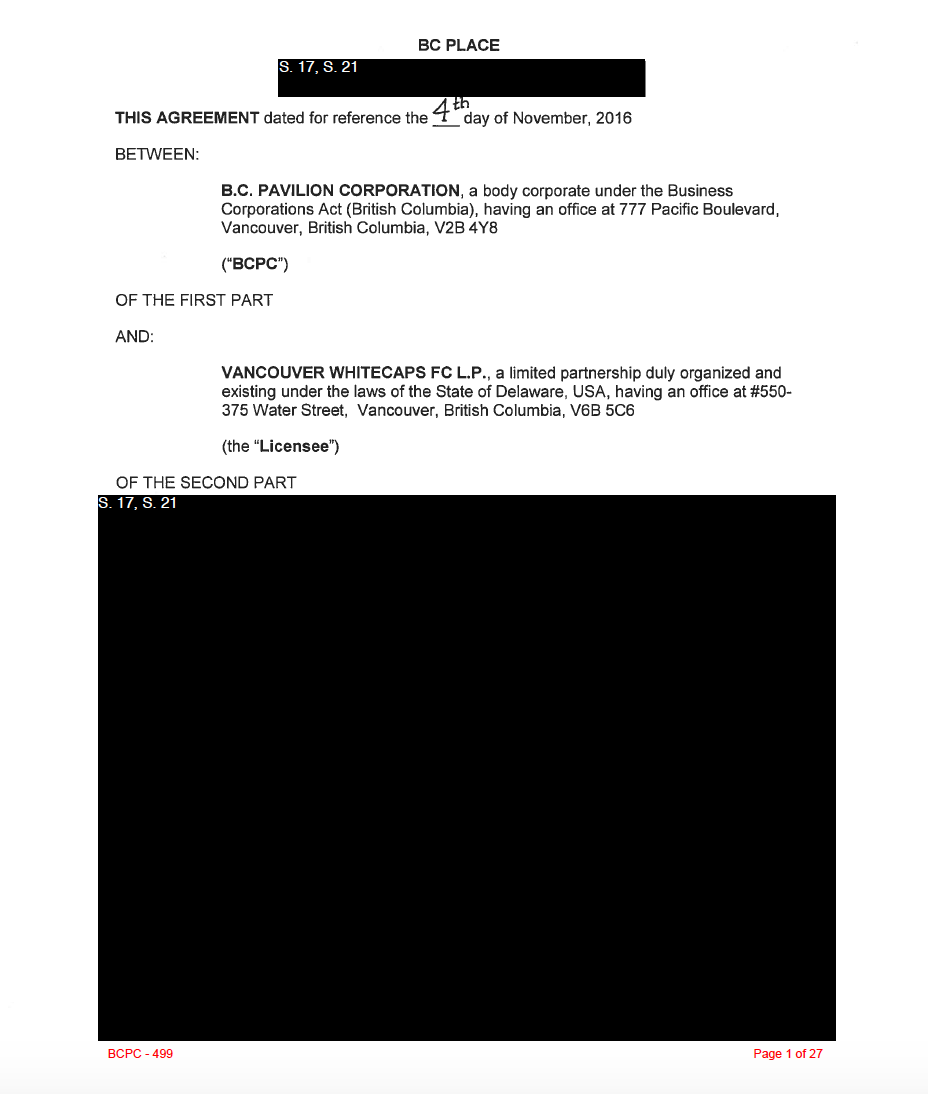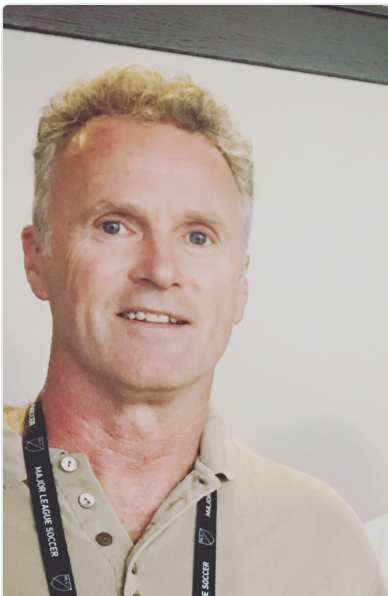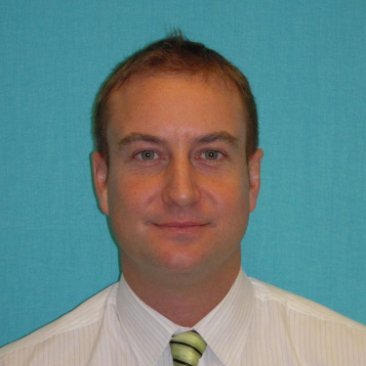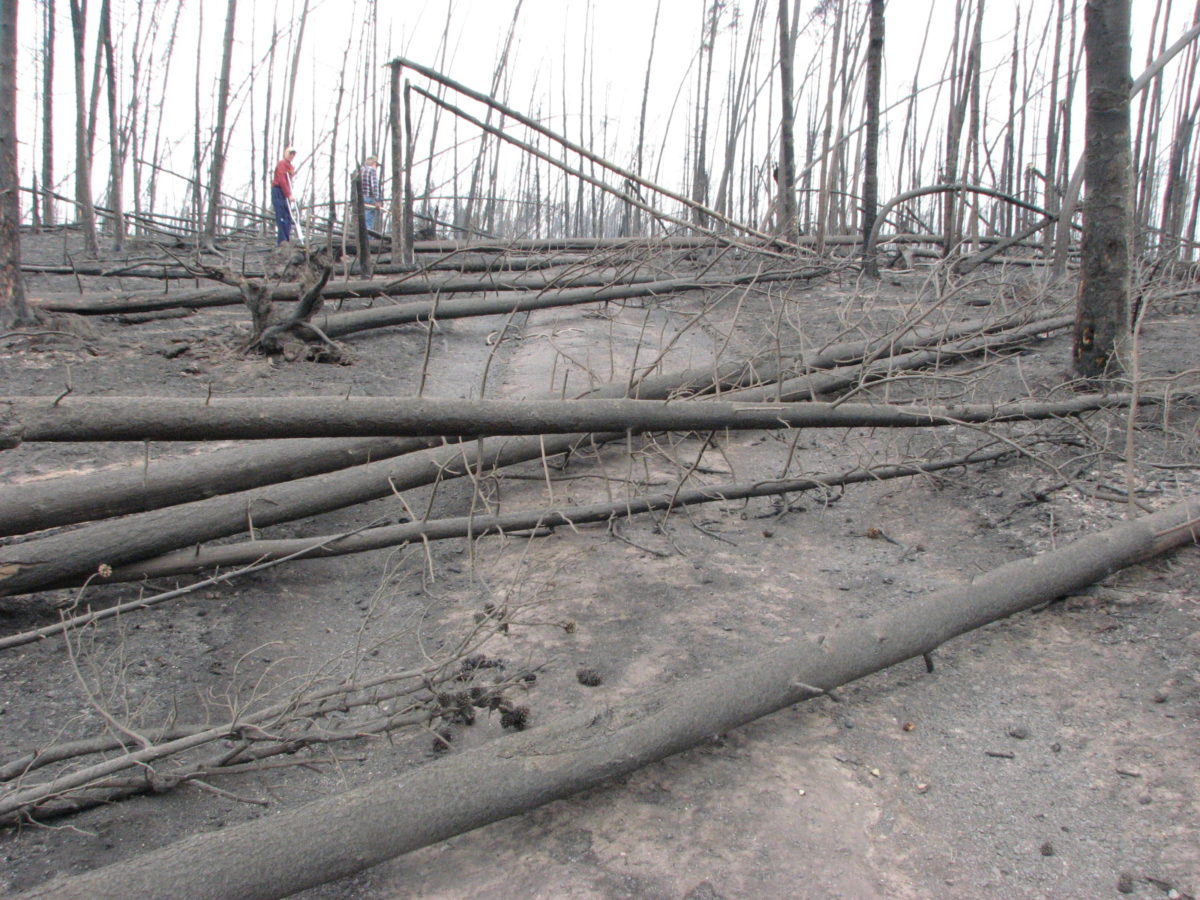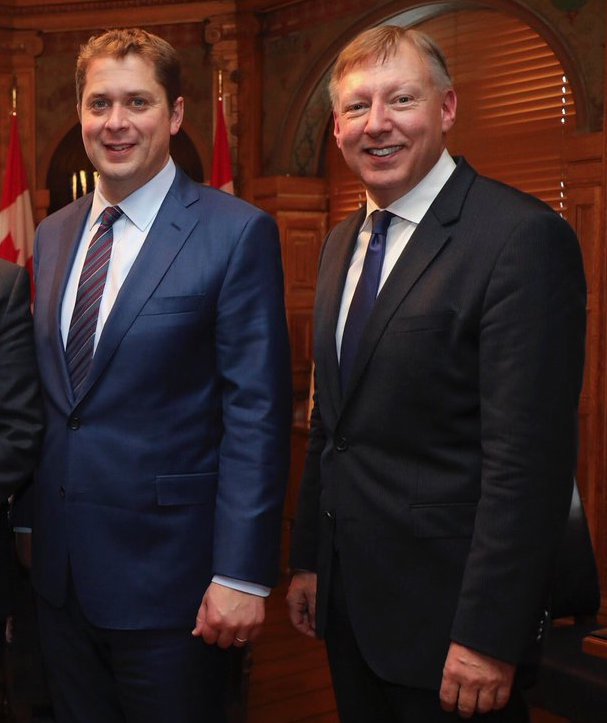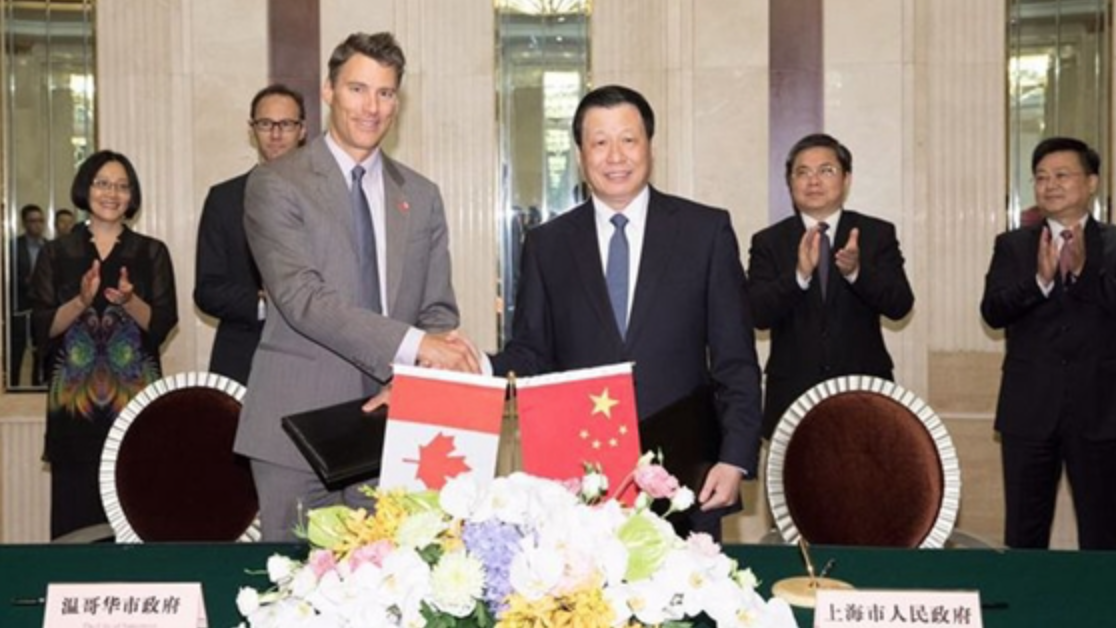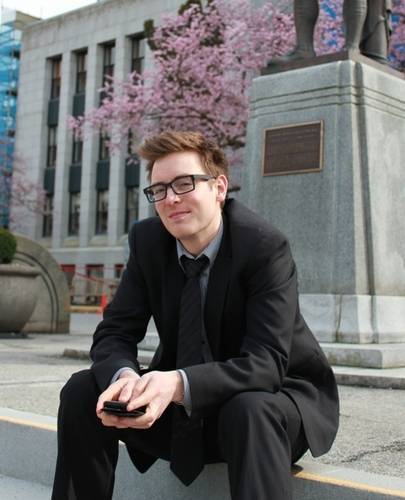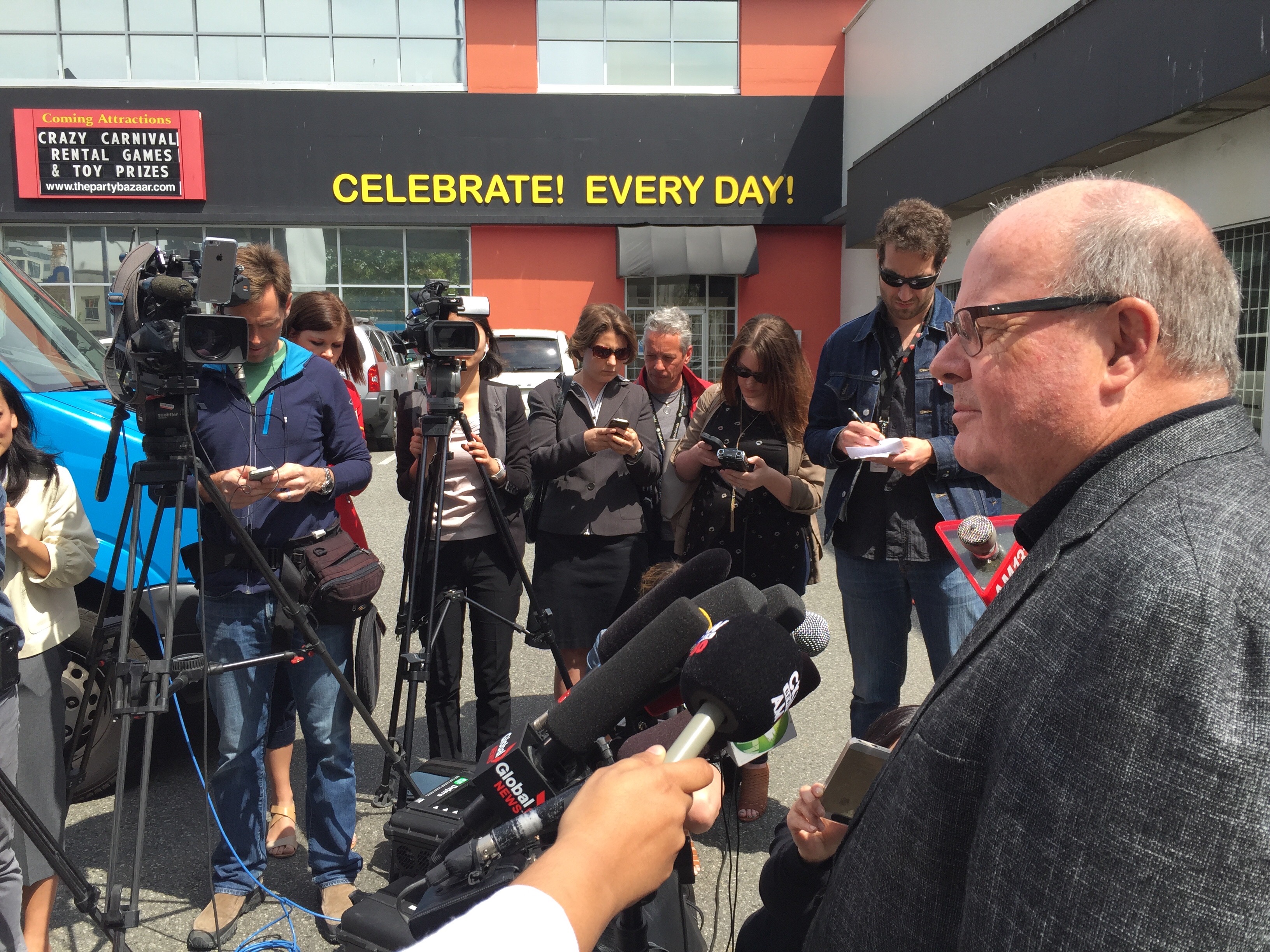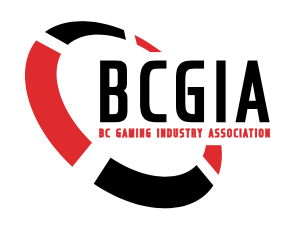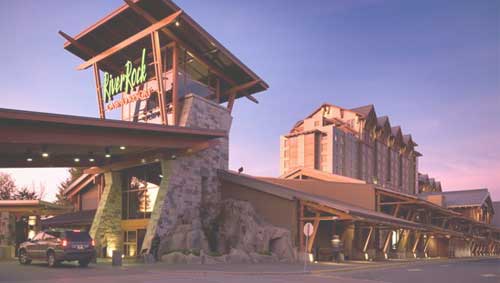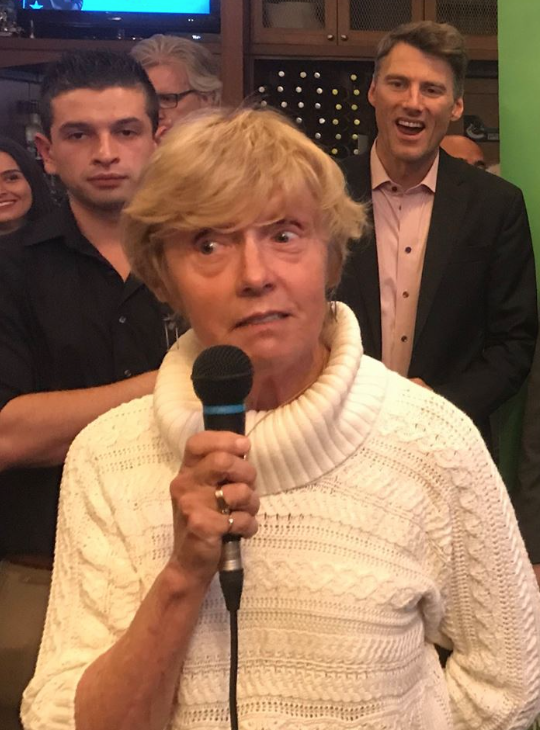Bob Mackin
Dave McNab is one step closer to learning what the B.C. Wildfire Service did at his remote property, 100 kilometres west of Quesnel, after he and wife Raynelle were evacuated in late July.
The B.C. NDP government had insisted the Nazko Valley resident pay $5,000 for documents via Freedom of Information about the devastating wildfire that roared through on Aug. 12.
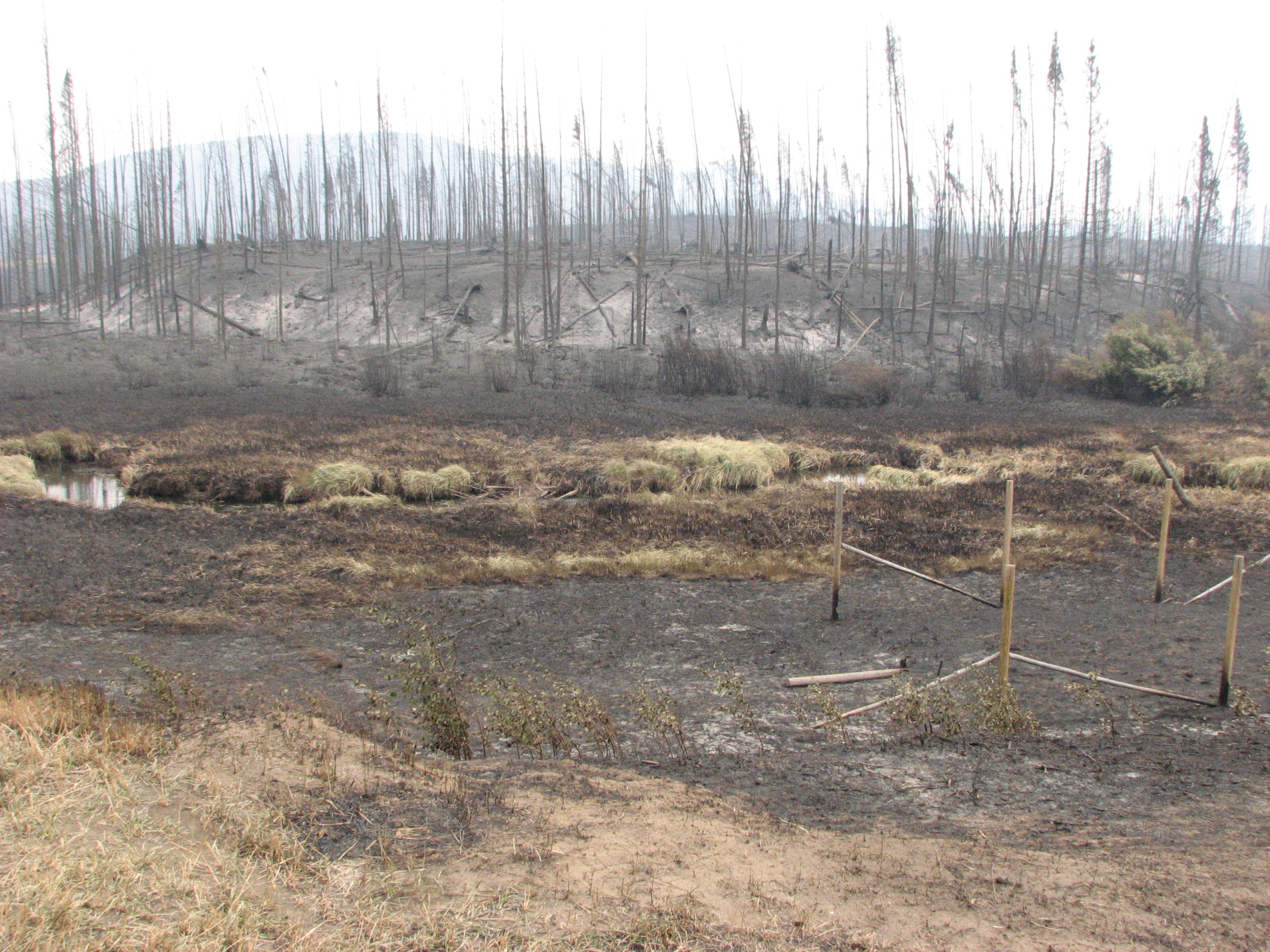
The view from the McNabs’ deck (Dave McNab)
Twice in Question Period, Cariboo North BC Liberal MLA Coralee Oakes challenged NDP cabinet ministers to drop the fee and hand over the documents without making him wait for months.
theBreaker also demanded to know why the NDP government — which was sworn-in July 18, 11 days after the province-wide state of emergency began — put the onerous fee in the way of McNab’s right to know.
On Oct. 23, Jinny Sims, Minister of Citizens Services, called McNab out of the blue. She told him he would not be charged the exorbitant fee.
“That was a hugely surprising development,” McNab told theBreaker.
Now he waits and wonders about the future.
The McNabs are retired schoolteachers in their early 60s, previously from Canmore, Alta. They suffered an estimated $350,000 in damage after four outbuildings, and the equipment and machinery inside them— including a sawmill — were destroyed in the massive Plateau wildfire. They also lost the timber on their 320-acre property.
Their solar-powered house is all that remains, but there is no wood to burn for warmth this winter or to rebuild the structures they lost.
“We have literally burnt sticks around us,” McNab said. “We used to live in a gorgeous spot on the edge of a meadow. We have to readjust our thinking. Now we live in the black forest. It’s silent, windy, no wildlife.”
In July, while he was recovering from hip surgery, officials began to prepare for the worst. The Coquitlam Structural Fire Protection Unit visited three times between July 18 and 26. McNab said they told him that his buildings were “highly defensible.” They pledged to monitor the property and installed a system of pumps and sprinklers that would be activated as the fire approached. Only those who complied with exclusion orders were eligible for structural protection and assistance.
“They assured us everything was fine at our place, pumps were running and being monitored,” McNab said. “The structural fire guys came and put the sprinklers on, they gave us a great deal of confidence. We thought these guys are profesional, they’re going to be on this.”
The McNabs left after the RCMP called July 28 to deliver the area-wide evacuation order.
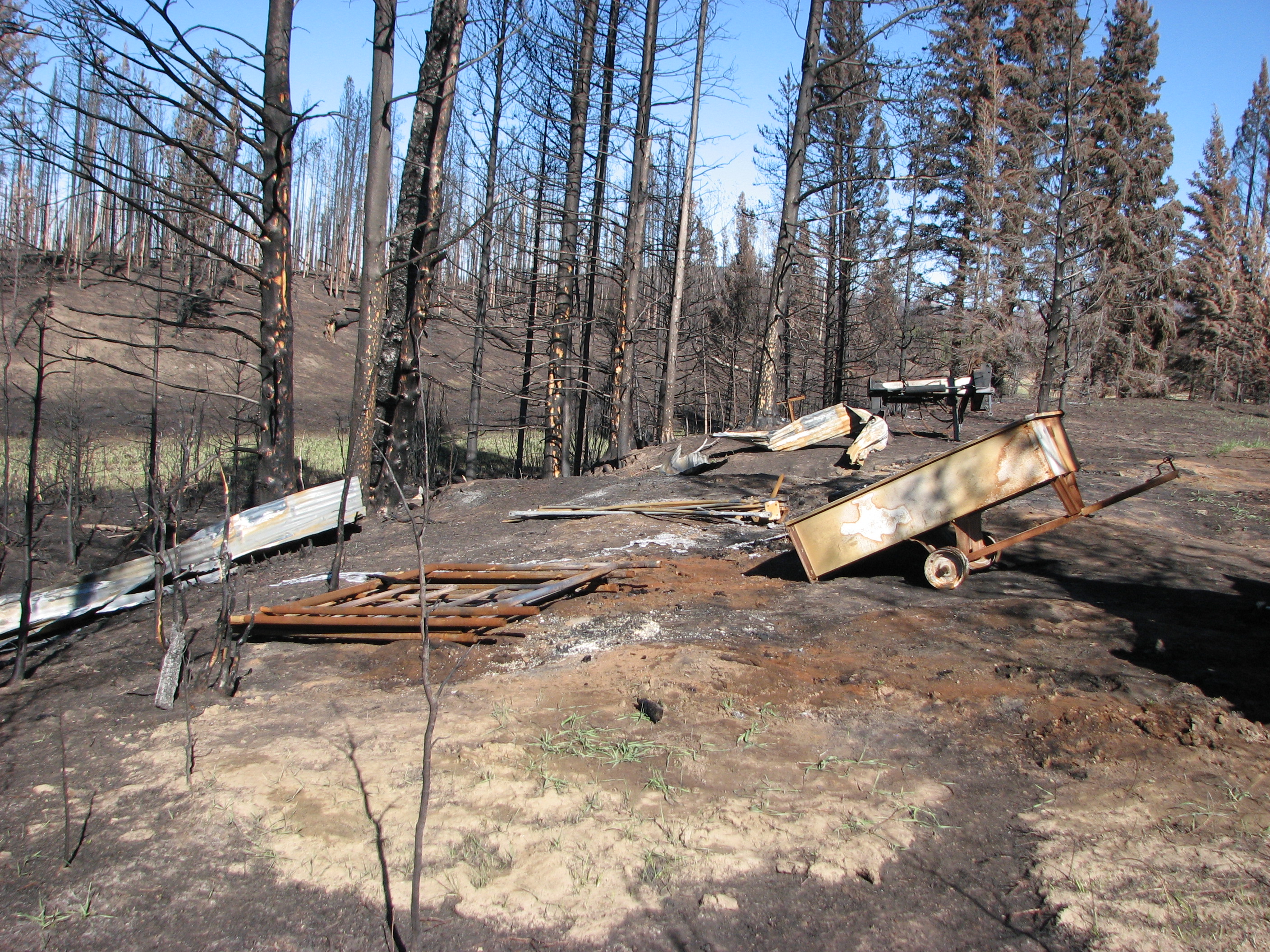
Machine shed destroyed (Dave McNab)
McNab said for two, long weeks there were only frustrating conversations with tight-lipped fire information officers. Rumours were rampant in the community. His first try to return on a Cariboo Regional District-issued access permit Aug. 13 was thwarted because of a fire along the route. He tried again two days later without a permit. RCMP officers turned him away at a barricade.
When he finally got a permit on Aug. 16, he arrived to find fire hoses burned beyond recognition. He said the pump installed in a creek and sprinklers around the house had been removed. Sprinklers that had been installed atop the other structures were on the ground. McNab found no evidence of a fireguard, no evidence of water bombing or bombing with fire retardant, or helicopter waterbucketing. He said there was no evidence the sprinkler system was started before fire passed through, though there was evidence a helicopter landed after the fire.
“Our house was standing, miraculously, but all of our outbuildlings had been destroyed,” McNab said.
Public information held ransom
When he wanted answers, he said fire information officers told him the only way he’d get any was by filing a Freedom of Information request.
He asked the government for the structural protection triage map for Nazko, the structural protection plan documents for his property, and the dates and times that any forestry staff, firefighters, structural protection staff, police or any other government representatives visited his property between July 16 and Aug. 18.
McNab was shocked when he got the letter from the government on Sept. 6, demanding $5,000. (It could have been reduced, the letter said, if he didn’t ask for documents from the B.C. Wildfire Service’s air division.)
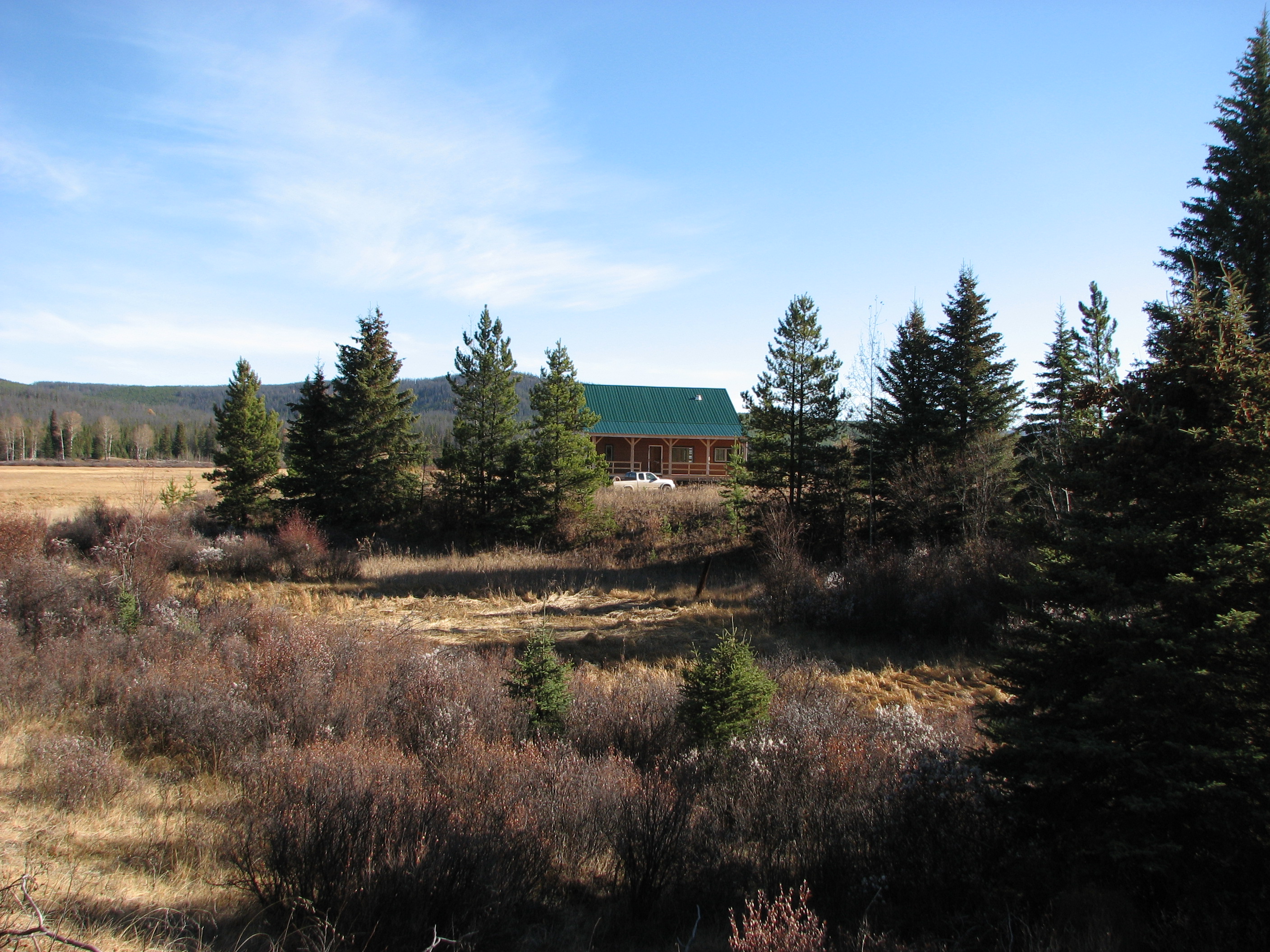
McNab’s land, before the fire (Dave McNab)
There was no way McNab was sending the government $5,000 after what he had been through. He needs every dollar to fix his sawmill, which wasn’t insured. The only insurer that McNab could find to cover the off-the-grid house and buildings wanted $42,000 for the previous six years before it would issue a policy. Disaster relief funds won’t cover the damage, either.
The evacuation order was finally lifted Sept. 10 and the McNabs moved back two days later, while fires smoldered along their access road.
Now, without the excessive fee in the way, McNab is optimistic he may get some answers. “The bottom line is we feel incredibly betrayed that the forest service lied to us this whole time and then after the fact no one wants to be accountable or even cooperative about what went on in our place.”
theBreaker asked to interview B.C. Wildfire Service officials about what happened at McNab’s property. Vivian Thomas, spokeswoman for the Ministry of Forests, Lands, Natural Resource Operations said, by email: “Because the B.C. Wildfire Service is currently investigating these issues, no one is available to provide further comment at this time.”
Last week, McNab made a trip to Abbotsford, where a woman whose husband passed away six months ago gave him a garage full of construction tools to help him rebuild.
“It’s quite devastating for them,” said Nazko cattle farmer and trapper Leilah Kirsh. “To get insurance it’s almost impossible. Being told that your place is protected and then it’s not. The visual impact they’re going to have for the next 20 years is devastating. Pretty dismal to live out your retirement in that situation.”
Bob Mackin
Dave McNab is one step closer








